Instagram cites ‘public interest’ to enable hate speech, violent threats against Ayatollah Khamenei
Social media network Instagram has cited “public interest” to restore a number of previously removed videos that contained hate speech targeting Leader of the Islamic Revolution Ayatollah Seyyed Ali Khamenei, after consulting unnamed “human rights experts” who declared that the phrase “Death to Khamenei” does not amount to a violent threat.
In the midst of the recent protests in Iran’s Khuzestan Province over water shortages, Instagram initially took down videos featuring hate speech against Ayatollah Khamenei due to its policy on not allowing videos calling for the death of a politician.
However, the platform’s owner, Facebook, determined later that the phrase was being used as a “proxy to criticize and protest against the [Iranian] government.”
“Calling for the death of politicians is not allowed under our policies and we were initially removing posts that included #DeathtoKhamenei,” a Facebook company spokesperson told the Middle East Eye.
“However, after evaluation we became aware that this phrase is used as a proxy to criticize the Iranian government, rather than a violent threat, and restored posts that we initially removed. We solicited feedback from local experts and human rights experts in determining this.”
The Facebook spokesperson, however, did not name the “experts” the company consulted with.
Ayatollah Khamenei, President Rouhani back protesters
Meanwhile, Iran’s top officials, including Ayatollah Khamenei and President Hassan Rouhani, have voiced sympathy for the Khuzestan protesters, with the Leader saying the water problem is “not a trivial issue.”
“In the past seven or eight days, one of our concerns has been the issue of Khuzestan and the issue of people’s water and their difficulties,” the Leader said in remarks on Friday, noting that it is “really painful” to see the sufferings of the loyal people of Khuzestan, who fought with all their might in the face of former Iraqi dictator Saddam Hussein’s war against Iran in the 1980s.
“Well, now that the people have voiced their grievances, they cannot be blamed,” he said. “Well, you really cannot blame the people, and the people’s [need] should be taken care of, and it should have been taken care of [earlier].”
On Thursday, Rouhani said protesters “have the right to speak, express themselves, protest and even take to the streets within the framework of the regulations.”
Rouhani also said on Saturday that resolving the issues of Khuzestan must continue under the Friday directive of Ayatollah Khamenei, adding that protesting is an alienable right of the people of Khuzestan.
“If we leave out a few dozen individuals, the rest of the people were rightfully protesting to have their problems resolved … and that was the right of the people,” the president remarked.
Instagram bans freedom of thought
Early last year, after the US assassination of Iran’s top anti-terror general Qassem Soleimani in Iraq, Instagram embarked on a large-scale crackdown on posts that voiced support for the popular commander as Iranians were grieving his martyrdom.
It also deleted accounts of numerous Iranians who had been using the social networking service to communicate their devastation at the Donald Trump-ordered assassination of General Soleimani, who had played a key role in defeating the Daesh terrorist group in the region.
Dozens of Iranian journalists reported at the time that their accounts had been suspended after posting pictures of the general.
A number of Iran-based news agencies, including Tasnim News Agency and the Iran Newspaper, also had their accounts removed entirely, in what the International Federation of Journalists slammed as an “immediate threat” to freedom of information in Iran.
In recent years, Instagram and its parent company Facebook, as well as Twitter and other platforms have removed accounts of Iranian news agencies, including those of Press TV, countless times.
Double standards laid bare
Facebook’s claim to recognize and champion “public interest” in Iran via giving the green light to hate speech and enabling agitators to freely organize for acts of sabotage in the country comes months after the major US-based social media firms heavily suppressed the same thing in the US and even kicked the outgoing US president out of their platforms after deciding that it was in the “public interest” to do so.
However, in spite of their moves in favor of “law and order” in their own country, the social media giants use their vast power to incite violence and sedition elsewhere, especially Iran and other independent countries.
Following his incendiary remarks that sparked the US Capitol attack in early January, Trump was permanently banned by Facebook and Twitter to restore law and order in the country.
“After close review of recent Tweets from the @realDonaldTrump account and the context around them we have permanently suspended the account due to the risk of further incitement of violence,” Twitter said in a post after the Capitol attack.
Facebook’s CEO Mark Zuckerberg said at the time that “We believe the risks of allowing the president to continue to use our service during this period are simply too great.”
Hamas condemns Israel's 'fascist settler-colonial' project aimed at annexing West Bank
Iran's Greco-Roman wrestling team wins championship title at Zagreb Open 2026
VIDEO | UK arrests Press TV contributor amid crackdown on pro-Palestine activism
VIDEO | Axis of Resistance stands as multinational front for justice
Swiss academics call for end to research treaty with Israel over Gaza genocide
VIDEO | Israeli regime harasses, tortures Gazans returning through Rafah crossing
Israel faces existential threat of internal collapse before centenary, general says
Police fire tear gas as protests erupt against ICE and Israel at Milan Winter Olympics


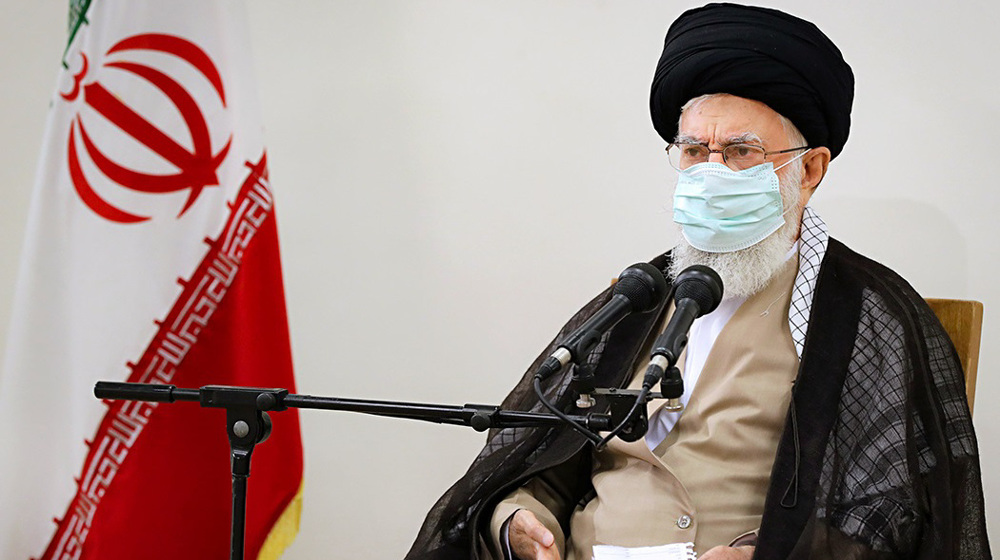
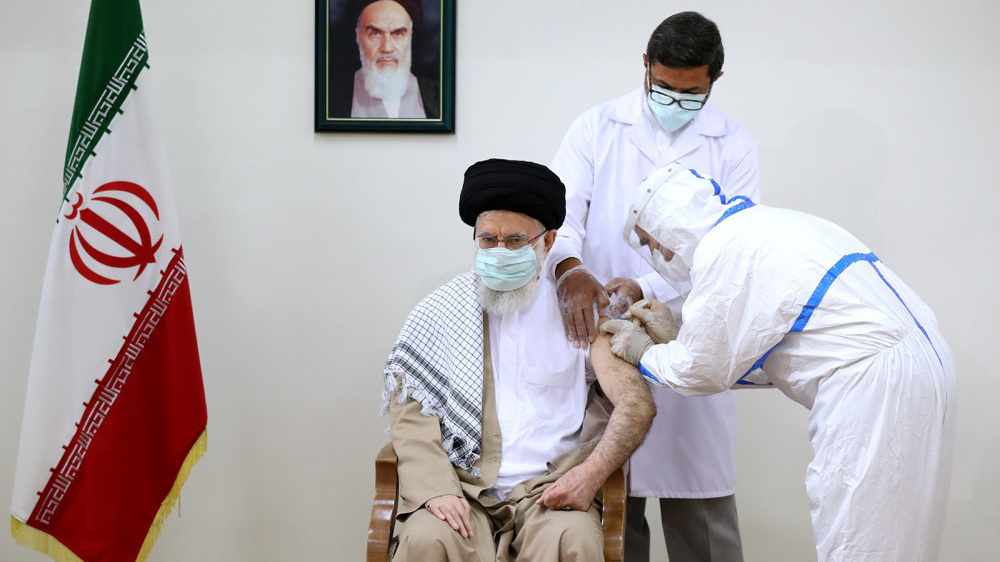
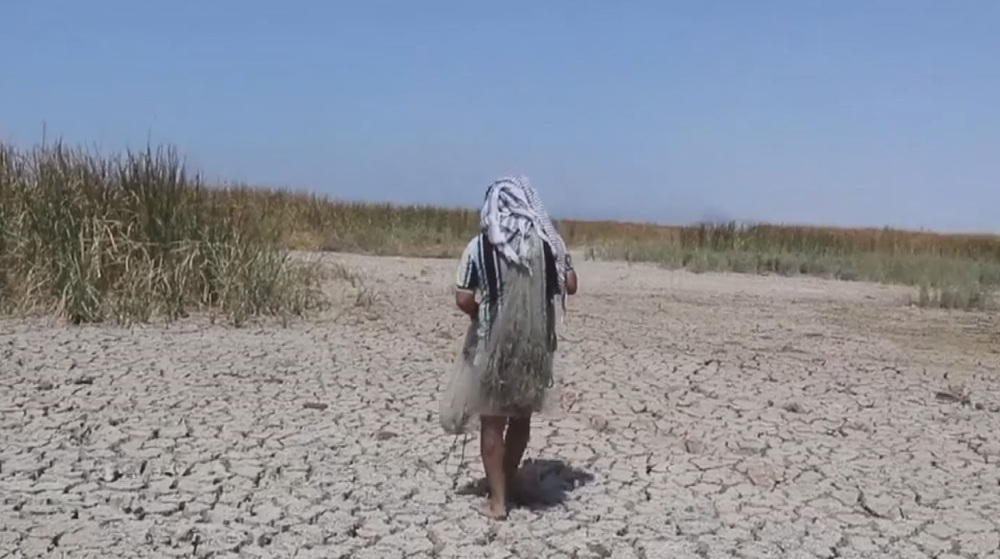
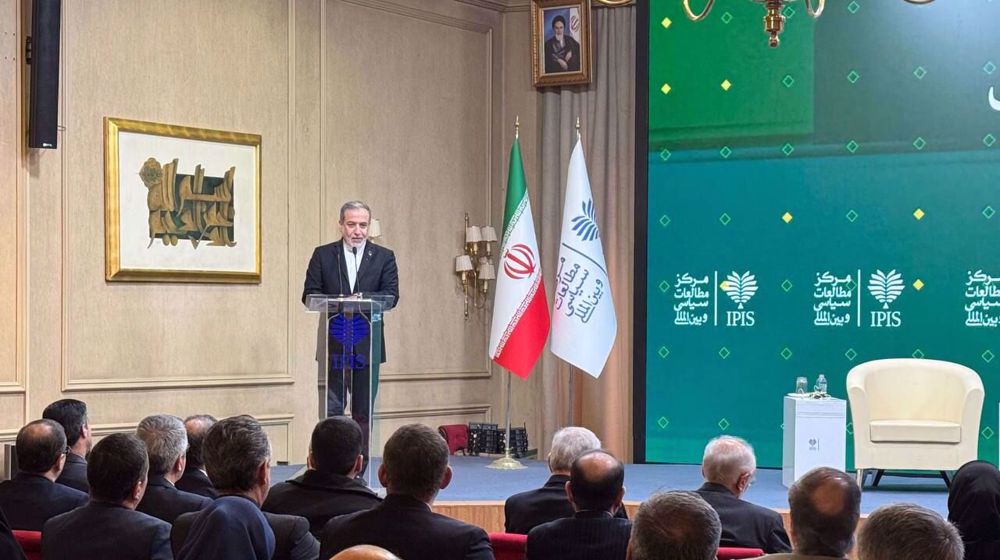
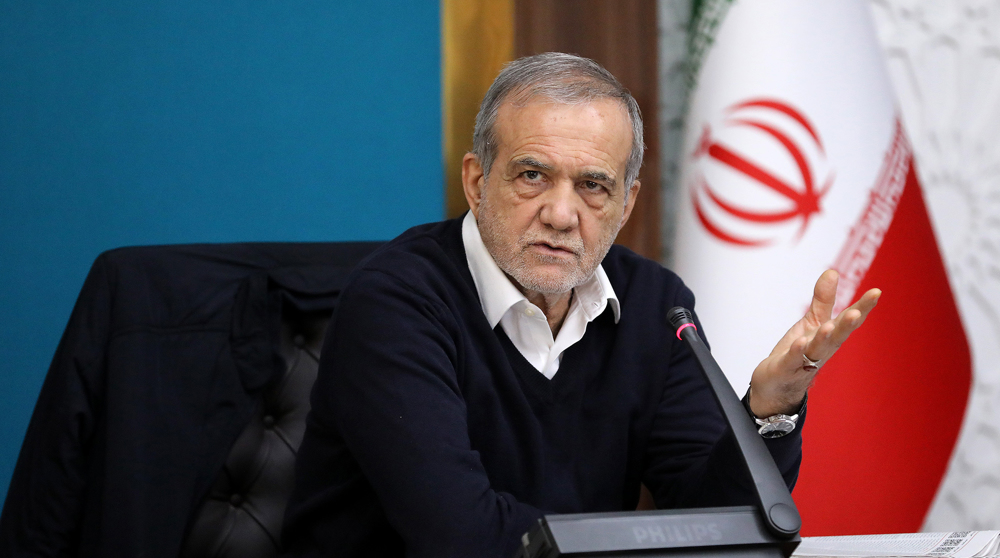
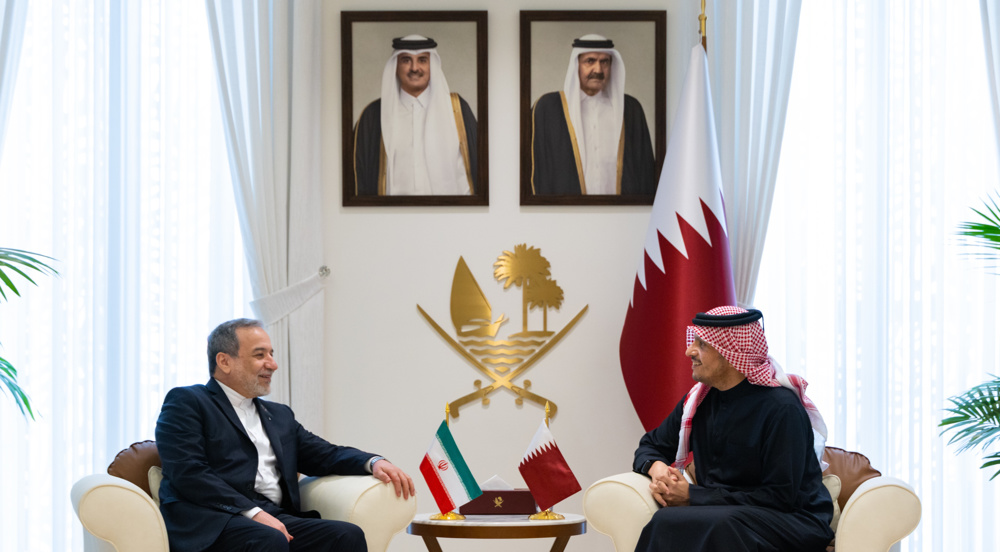




 This makes it easy to access the Press TV website
This makes it easy to access the Press TV website